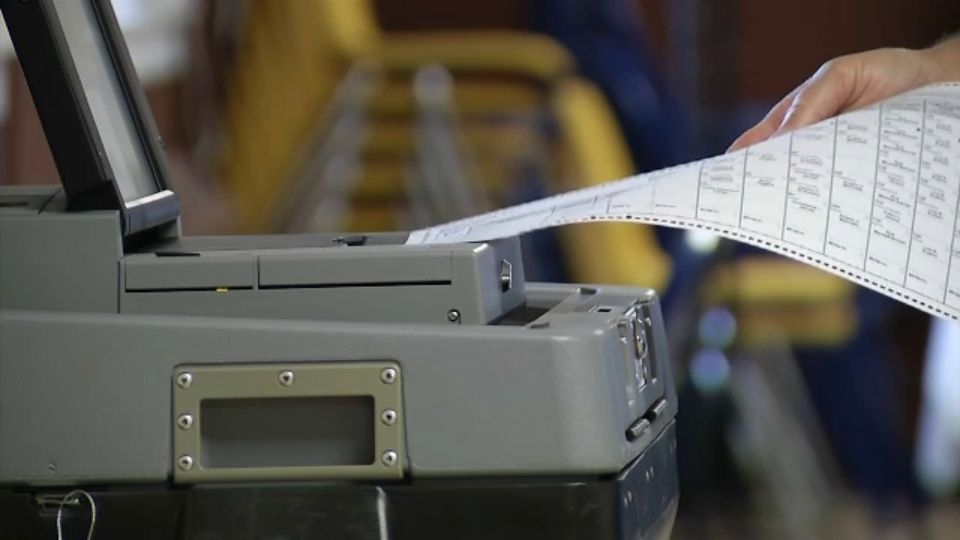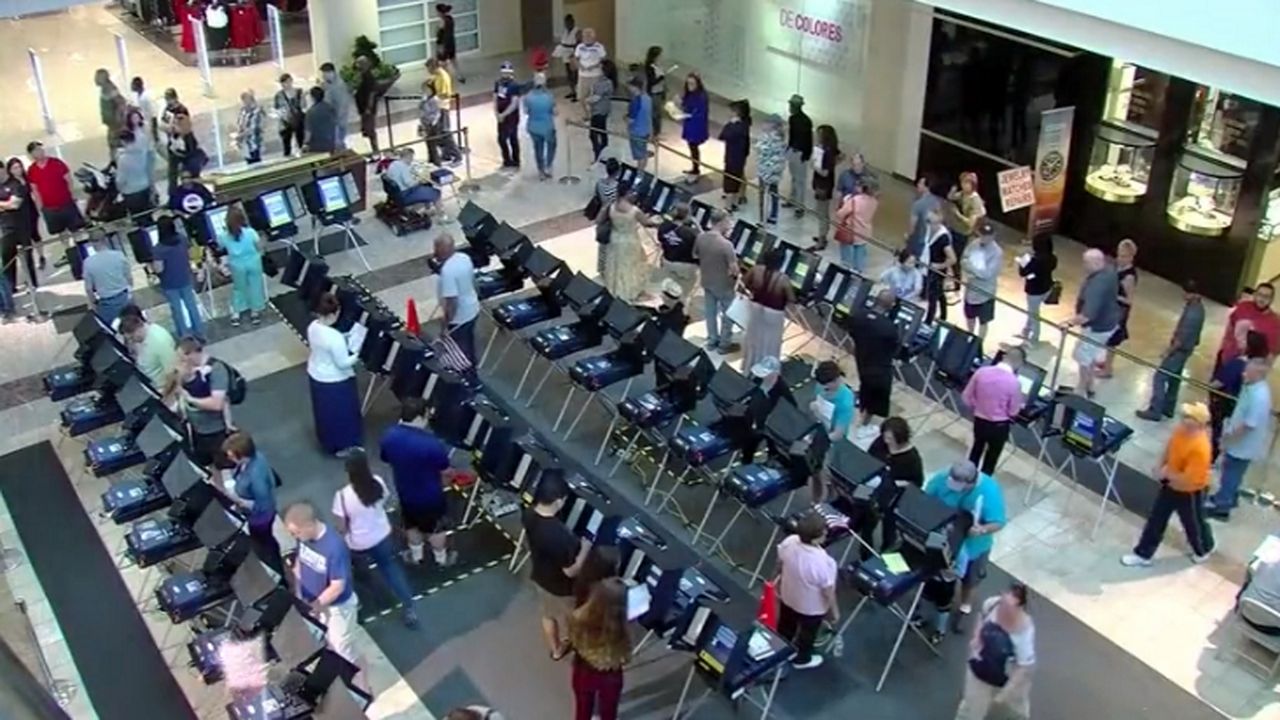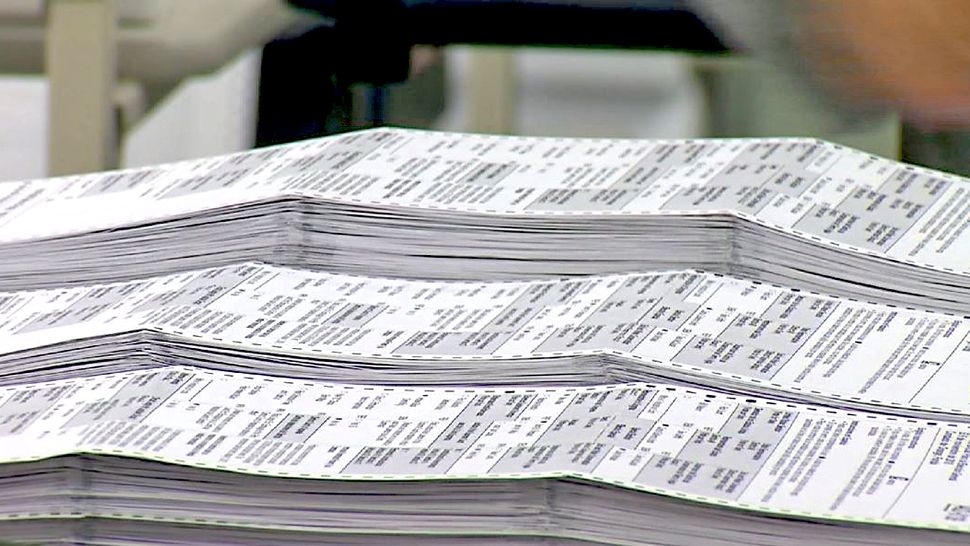WASHINGTON — With a presidential election around the corner, there’s a big concern about election security legislation. Lawmakers started to get the ball rolling before they returned to their districts for August recess, but ultimately those efforts were blocked in the Senate.
- Recent election security legislation blocked by Senate
- Election security legislation point of contention among lawmakers
- LATEST NEWS: Washington DC Bureau stories | Bill Tracker
- RELATED STORIES:
The primary concern from Republicans, including the Senate Majority Leader has been that these measures give too much power to the federal government to regulate elections. In order to satisfy this group, experts say lawmakers on both sides of the aisle need to come together to rework existing proposals.
"Part of the challenges have been that there has been some mudding of the water as to who is to blame for the attacks on our election as well as where are the solutions,” said Adam Ambrogi, an election security expert with Democracy Fund Voice.
As the 2020 elections approach, a key question remains: Will the U.S. be any better prepared to combat foreign interference than back in 2016?
This has been a key point of contention among lawmakers. Ambrogi said securing the nation’s election systems should not be political.
“I think some of the disconnect and the challenge that we see that has turned this into a political battle is because the Democrats have not found any dance partners to work with them,” he explained.
The Senate Majority leader has blocked bills that would require voting machines to produce paper records, impose security requirements on election technology companies and mandate post-election audits, calling the proposals too partisan.
Ambrogi said it’s clear that leaders are not even attempting to find common ground.
“I think everyone, can do some really good work if they talk to Senate Majority Leader McConnell and they say, let’s figure out a way to sit down with Democrats, find pieces of bills that we like, find pieces of bills that they like and push this thing through committee,” he explained.
Until lawmakers are able to come together and hammer out their differences, experts say they’re just going through the motions.
“If you say it’s partisan, why is it partisan? What needs to be fixed to make them more acceptable? Pass it quickly, we don’t have a ton of time,” Ambrogi said.
Action on this front will have to wait until at least September when lawmakers return from their summer recess. The pressure is rising after the conservative group Republicans for the Rule of Law recently unveiled ads to encourage both Republicans and the Majority Leader to consider and pass election security legislation.








